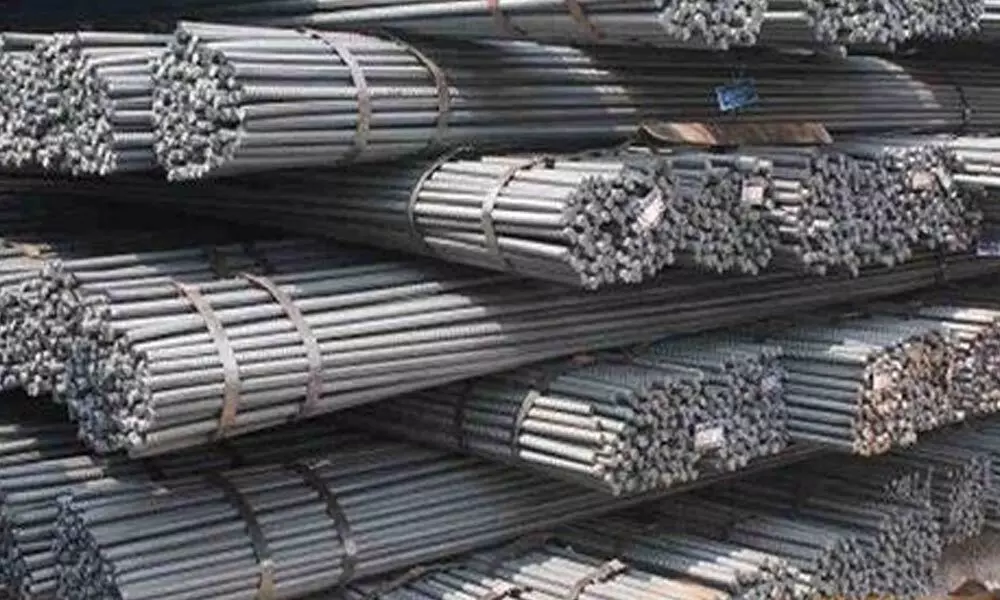NMDC's cut in iron ore prices fails to cheer up realty

NMDC’s cut in iron ore prices fails to cheer up realty
Fall in iron prices is marginalised due to increasing rates of coking coal in global market
Visakhapatnam: Already rattled by a long spell of pandemic, the realty sector in Andhra Pradesh is upset as the decision of mining major NMDC to slash the prices of iron ore has not benefited them in any manner.
Even as China has imposed production curbs on steel factories leading to redrawing of their strategies on production and increasing domestic consumption, in India the steel prices have remained the same.
On the other hand, the steel industry, by and large, is of the opinion that the little benefit they have gained due to fall in iron prices is being marginalised due to increasing prices of coking coal in the international market following steep increase in demand for power generation.
Presently, the builders are buying standard TMT bars at Rs 60,000 per tonne and cement for a 50 kg bag at around Rs 350. Sand scarcity is also forcing the builders to procure it from nearby districts by paying more.
NMDC announced the reduction of lump ore by Rs 750 and fines by Rs 200 per tonne with effect from November 30. A senior official of Rashtriya Ispat Nigam Limited (RINL), the corporate entity of Visakhapatnam Steel Plant, in response to a question on impact of iron ore price cut, told Bizz Buzz that the net impact for RINL as a basket is just Rs 350 per metric tonne.
Coal prices have quadrupled in the international markets due to demand surge in the past six months. Rising petcoke, coal and fuel prices, according to the cement manufacturers, have cast a cascading effect on them to incur more towards production cost. When contacted, Credai Visakhapatnam chapter chairman B Srinivasa Rao said that the construction cost of apartments have increased by almost 20 per cent per sft due to increasing prices of raw material like steel, cement, sand and labour cost.
While in the case of ongoing projects, the developers are unable to increase cost and instead absorb it themselves, for new projects, the extra burden is being passed out to the prospective buyers at the time of signing the purchase deals.














